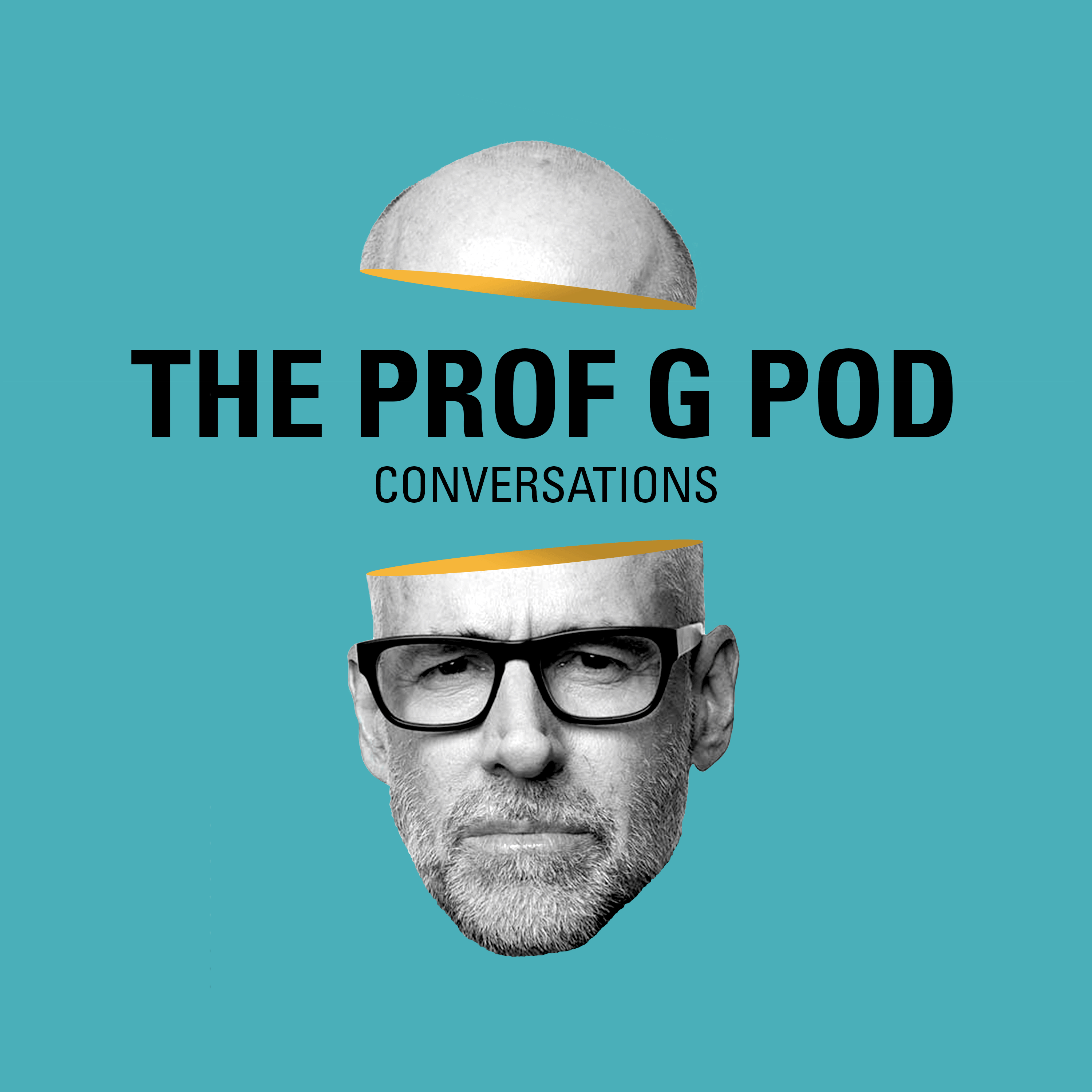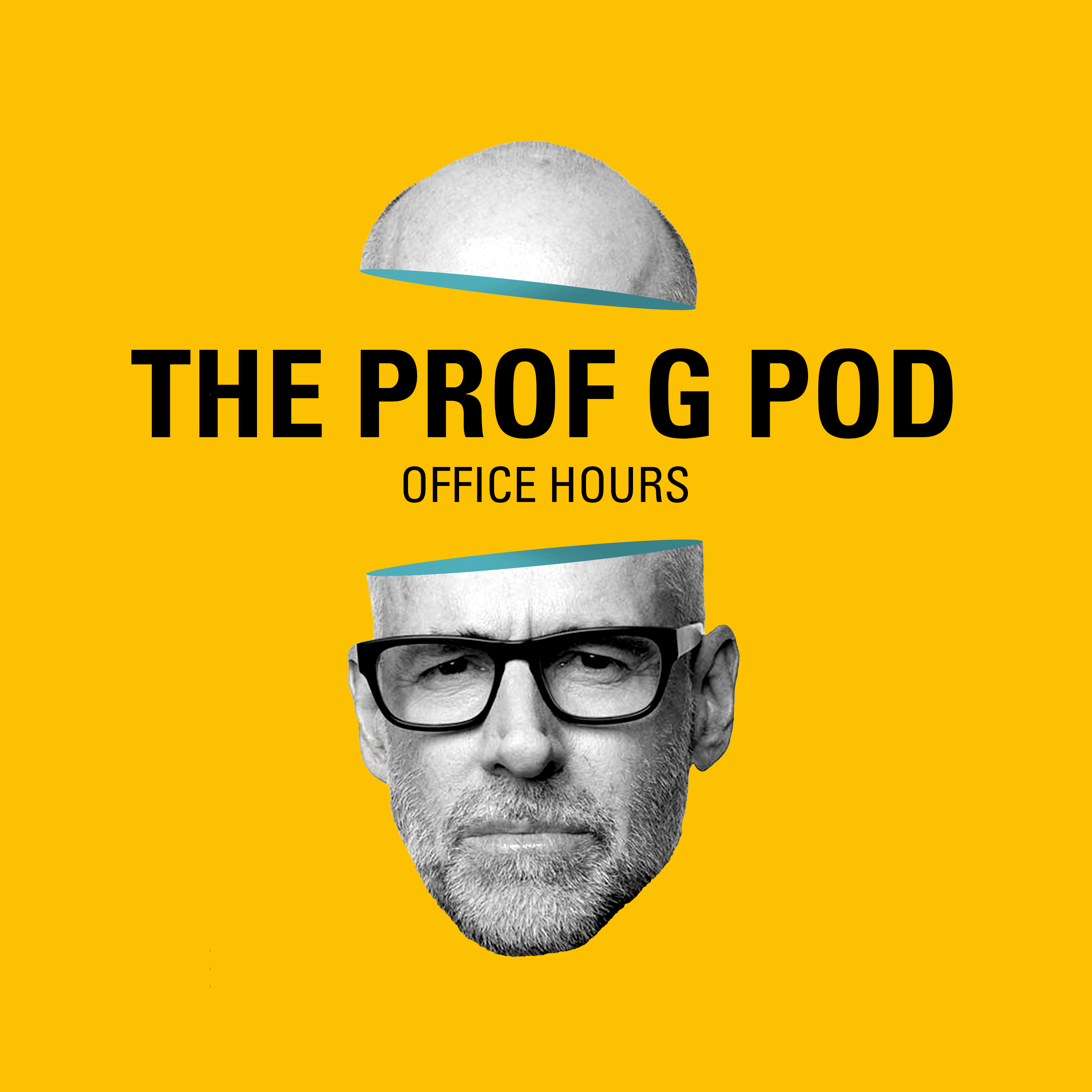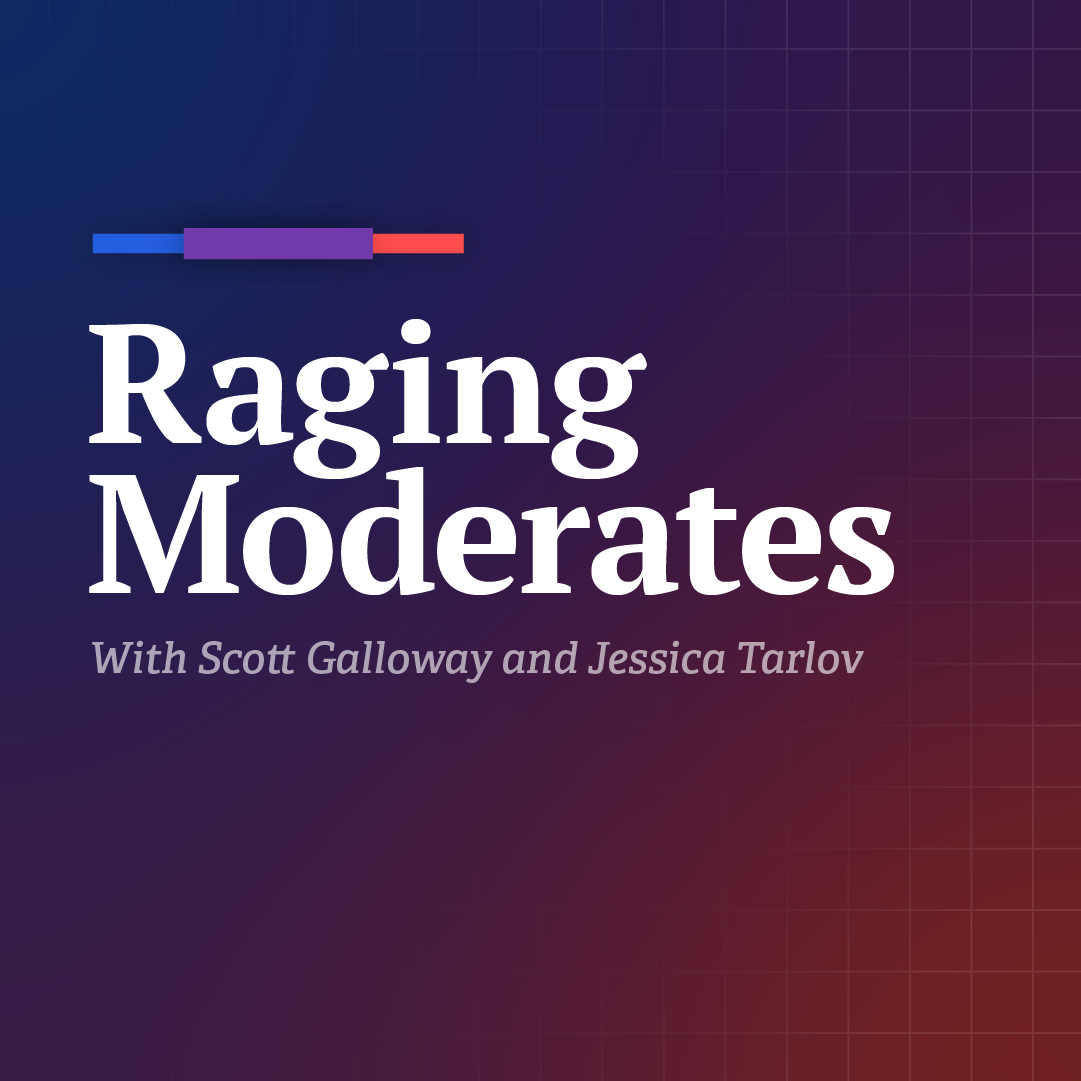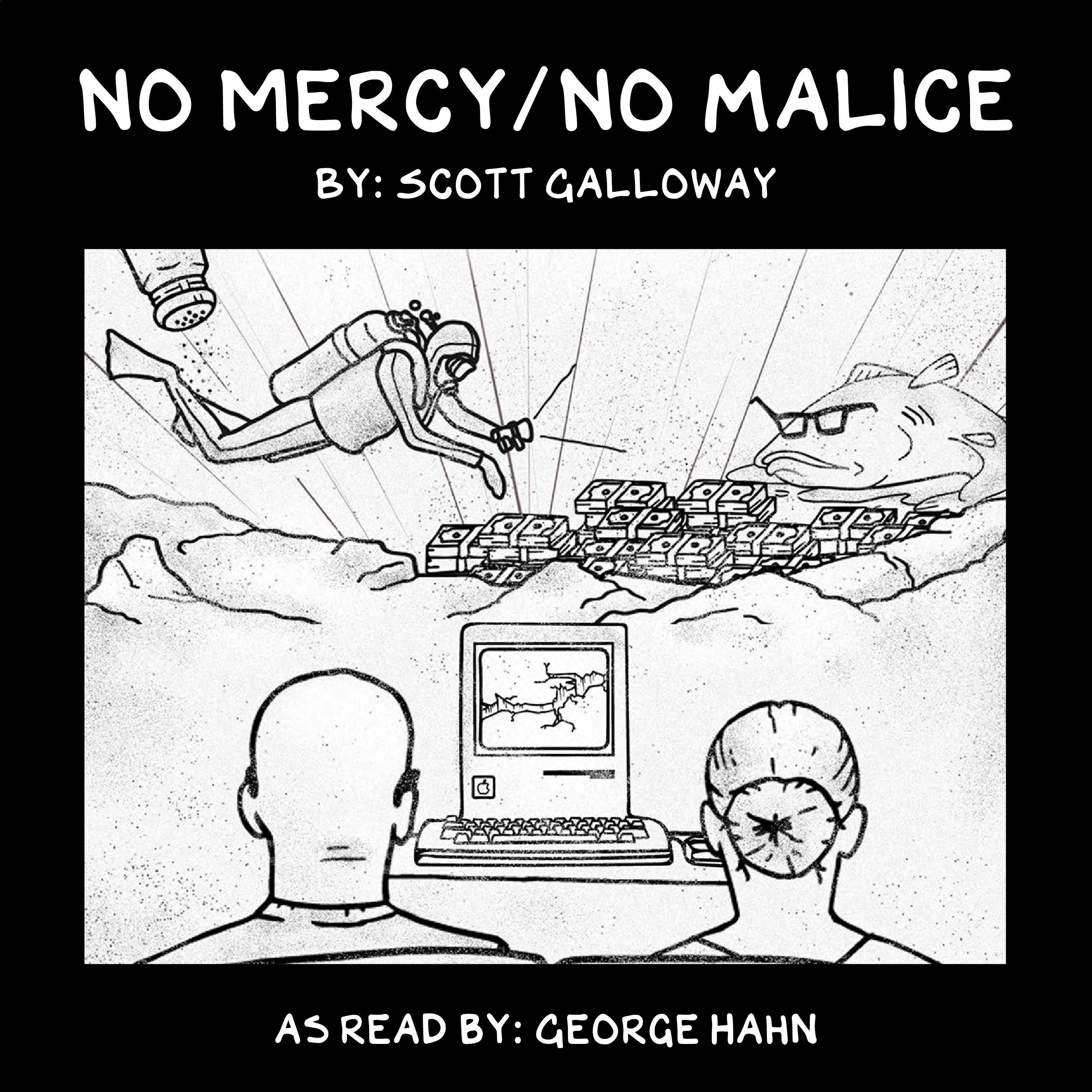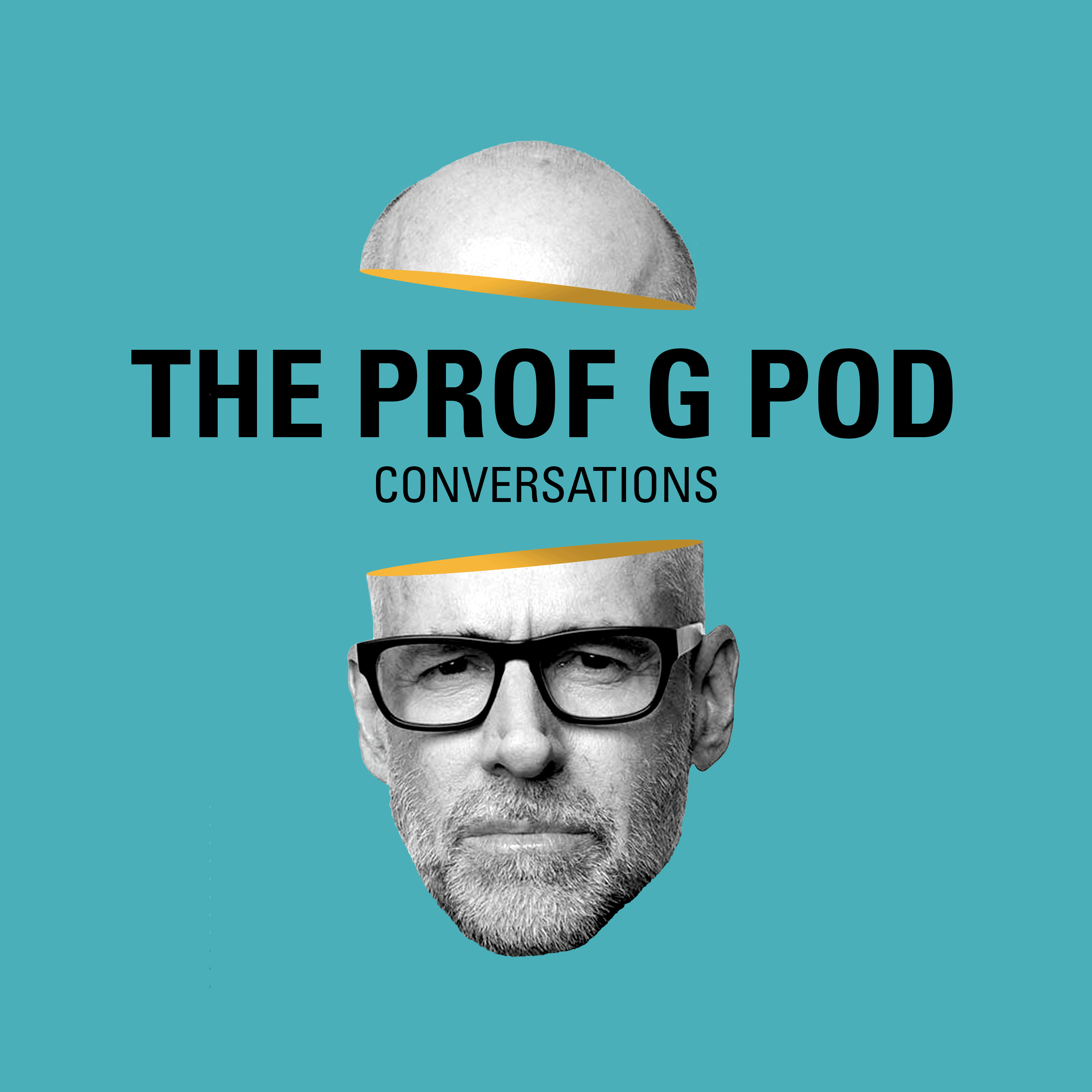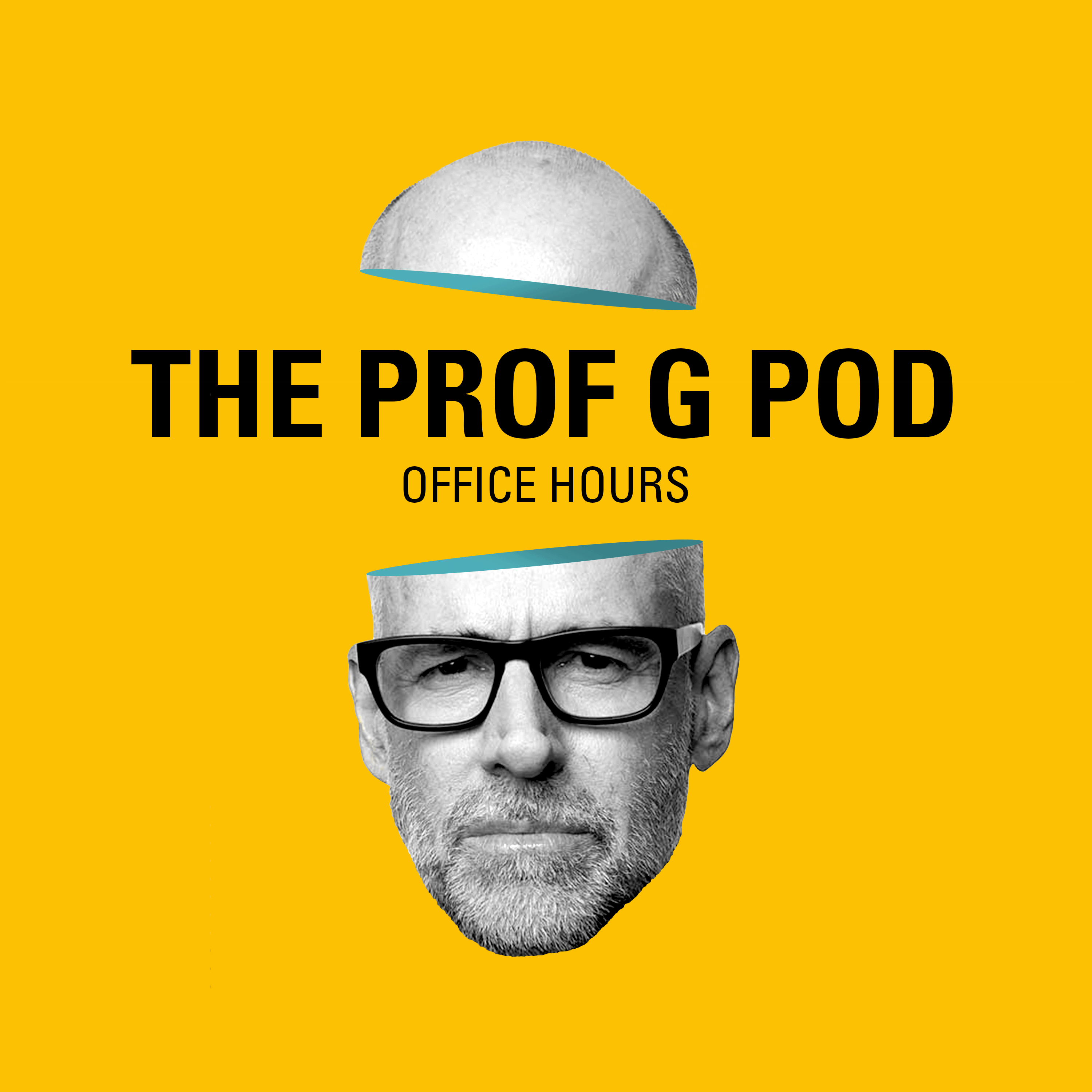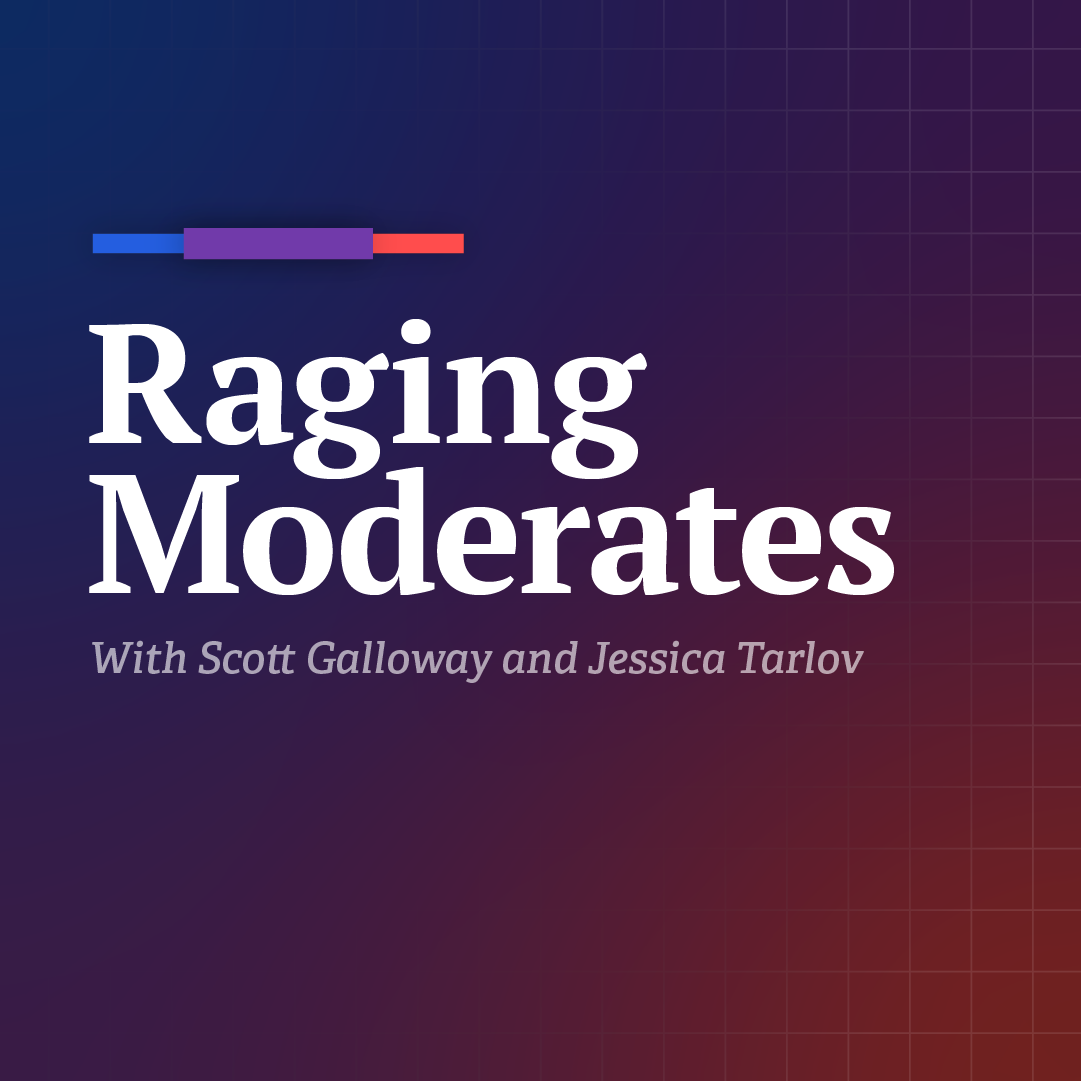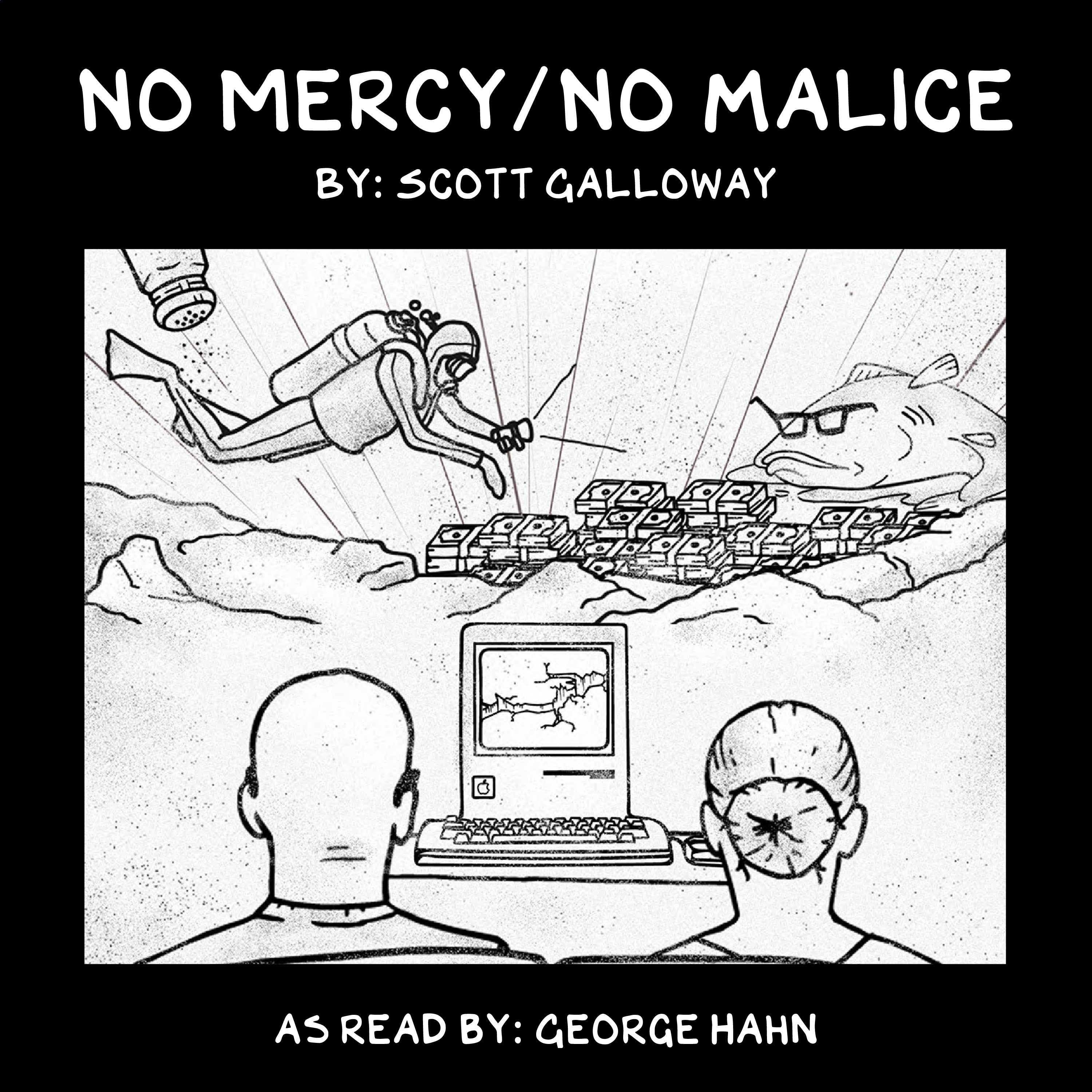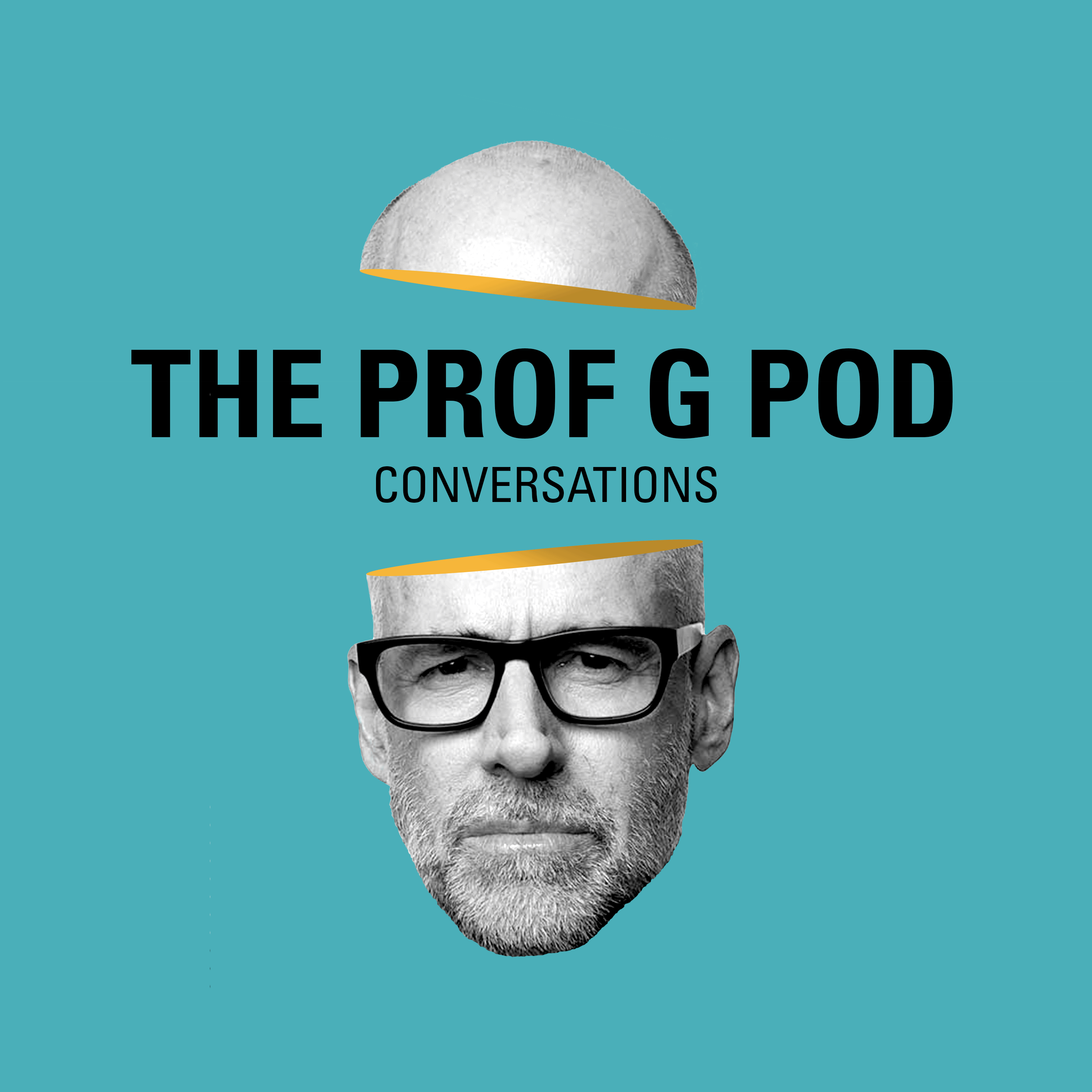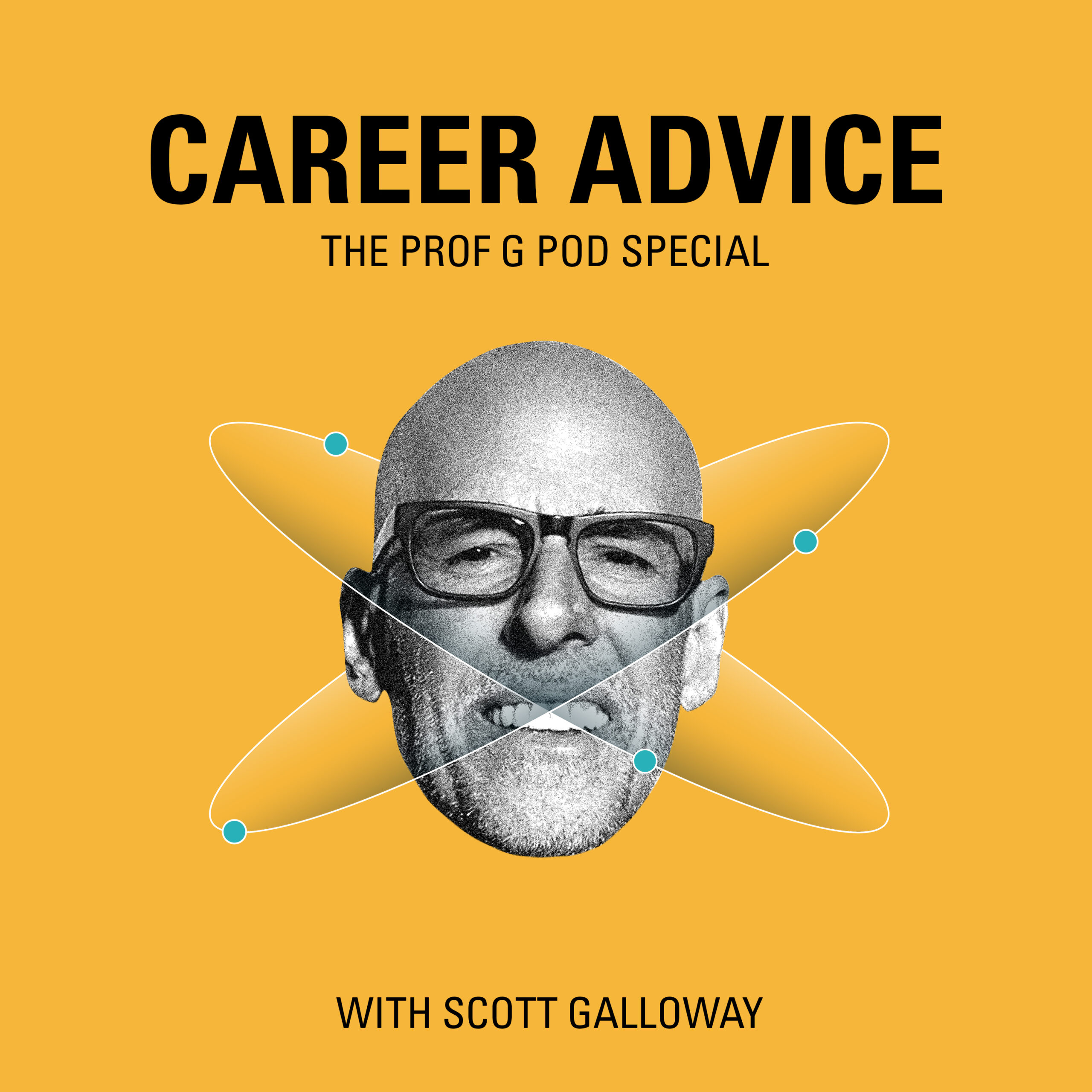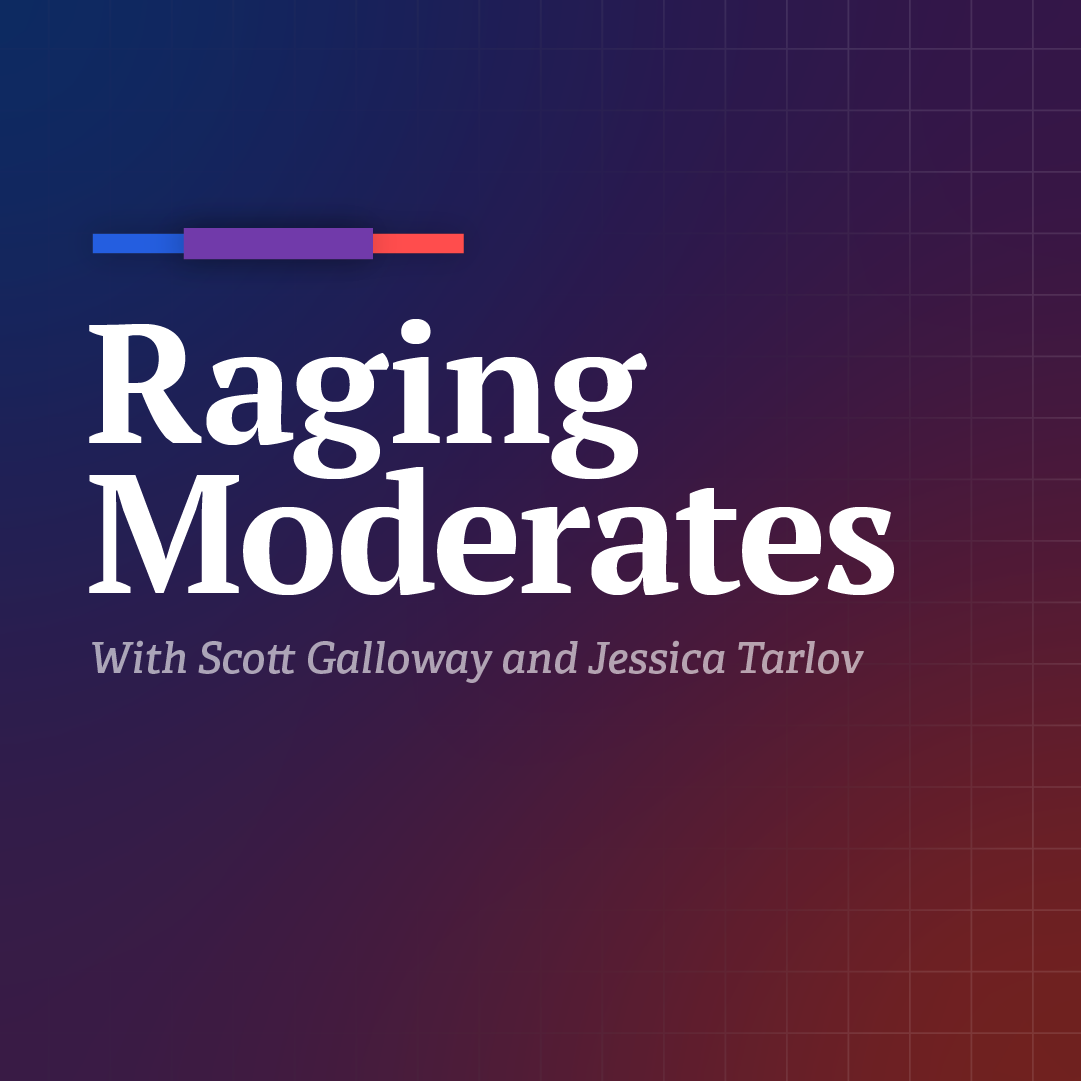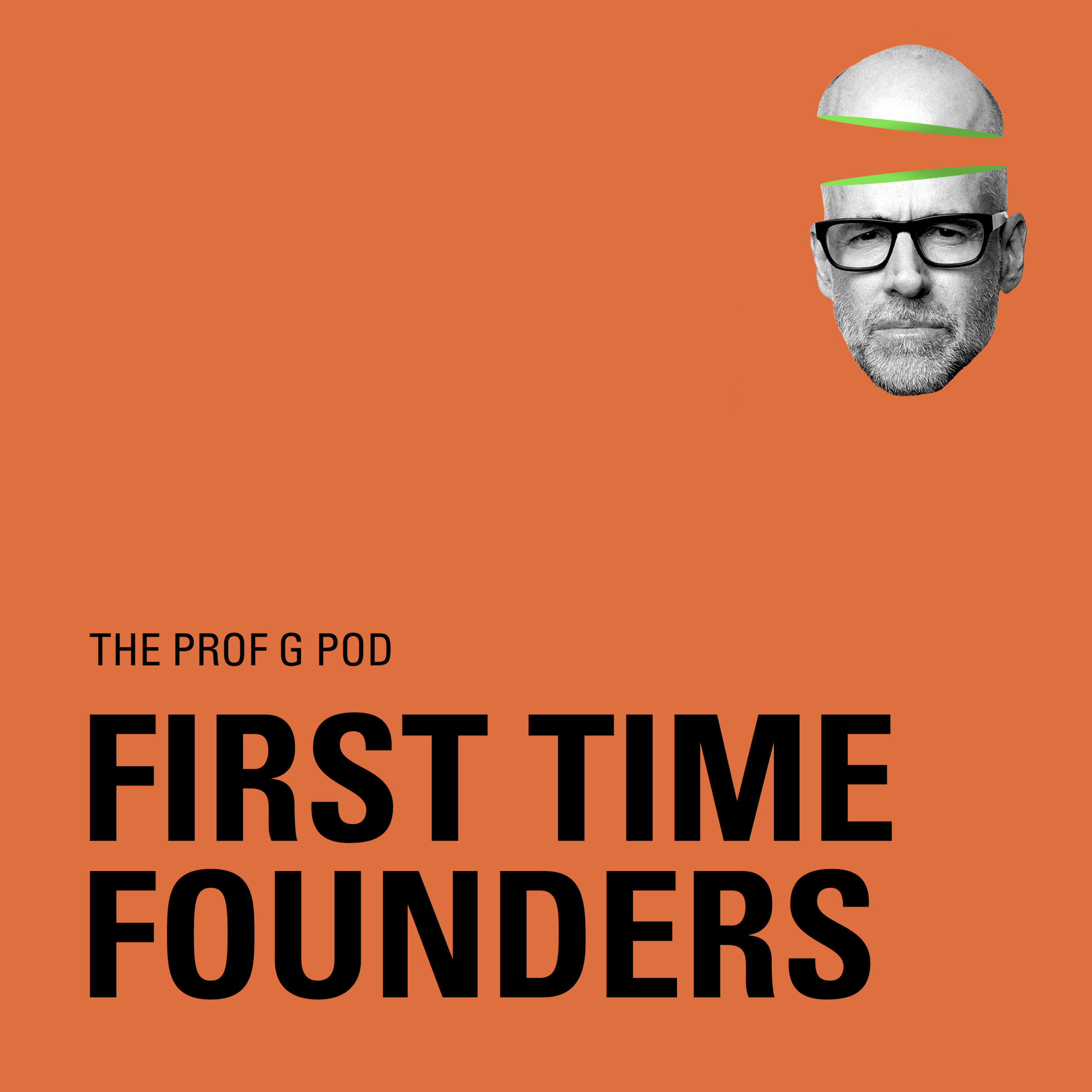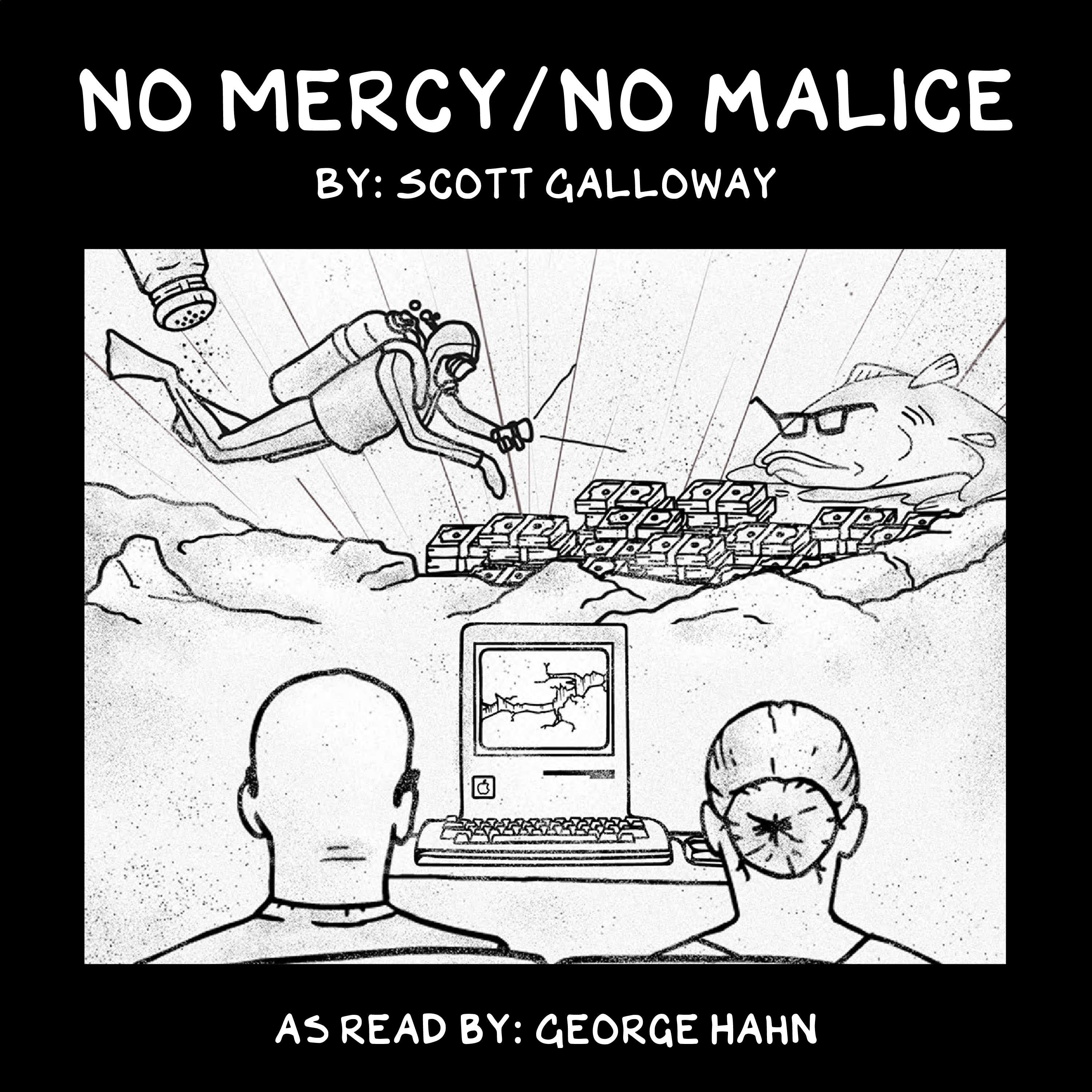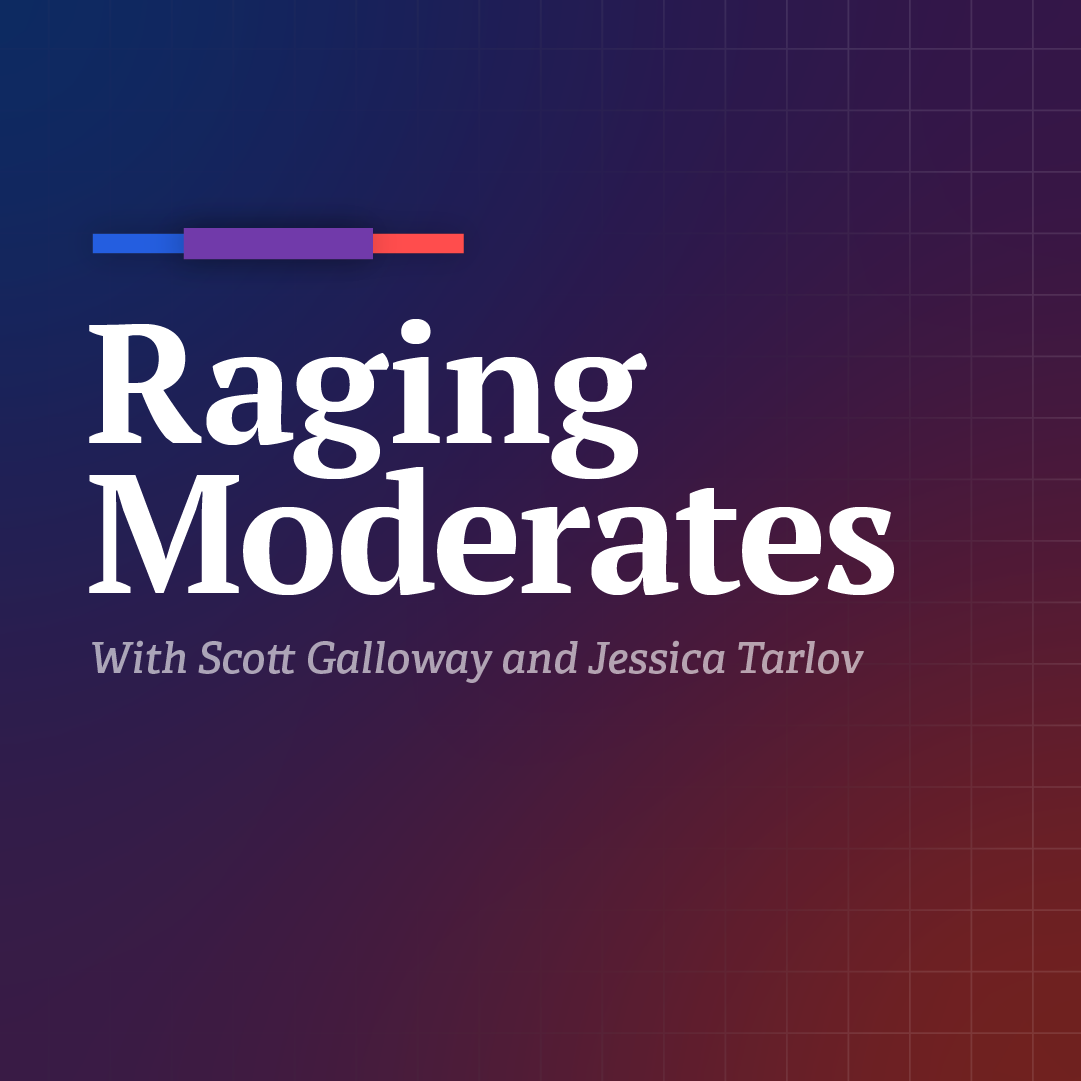Dr. Fiona Hill, a senior fellow at Brookings, chancellor of Durham University, and a former U.S. National Security Council official specializing in Russian and ...
Scott discusses how declining birth rates could impact Disney and other businesses that rely on younger consumers. He then reflects on his journey in academia ...
Scott and Jessica break down Chuck Schumer’s controversial vote on the spending bill, Trump’s defiance of a court order on deportations, and the escalating ...
Still listening on the Prof G Pod Feed? Follow Prof G Markets for more: Apple Podcasts Spotify Scott and Ed open the show by discussing Southwest ...
As read by George Hahn. https://www.profgalloway.com/europe-becomes-a-union/ Learn more about your ad choices. Visit podcastchoices.com/adchoices
Barry Ritholtz, the co-founder, chairman, and chief investment officer of Ritholtz Wealth Management and the host of the Masters in Business podcast, joins ...
Scott discusses the evolving role of podcasts in political influence and campaign spending. He then offers advice to a federal worker worried about DOGE cuts, ...
Scott Galloway and Jessica Tarlov break down Trump’s tariff whiplash and the chaos it’s causing for businesses. Then, they dig into Rep. Al Green’s censure ...
Still listening on the Prof G Pod Feed? Head over to the Prof G Markets feed and hit follow: Apple Podcasts Spotify Scott and Ed open the show by discussing ...
As read by George Hahn. https://www.profgalloway.com/project-2028-housing/ Learn more about your ad choices. Visit podcastchoices.com/adchoices
Dr. Anna Lembke, Professor of Psychiatry at Stanford University and author of the bestselling book, Dopamine Nation: Finding Balance in the Age of Indulgence, ...
Today, we’re wrapping up our special two-part series all about careers—navigating them, advancing them, maybe even surviving them. In this episode, Scott ...
Jessica Tarlov gets the inside scoop from Anthony Scaramucci—the man who lasted 11 wild days in the Trump White House—on where Trump fumbled in his meeting ...
Follow Prof G Markets: Apple Podcasts Spotify Scott and Ed open the show by discussing Tesla’s shrinking market cap, Berkshire Hathaway’s record-breaking tax ...
Ed speaks with Bobbi Brown, the founder of Bobbi Brown Cosmetics and Jones Road Beauty. They discuss her journey in the beauty industry, the impact of social ...
Written by Richard Reeves. As read by George Hahn. https://www.profgalloway.com/marrying-up-and-marrying-down/ Learn more about your ad choices. Visit ...
David Bernad, the Emmy-winning executive producer for HBO’s “The White Lotus,” joins Scott to discuss the making of White Lotus, the start of Scott’s potential ...
Today, we’re kicking off a special two-part series all about careers—navigating them, advancing them, maybe even surviving them. In this episode, Scott talks ...
Trump is pivoting toward Russia, GOP fractures are deepening, and Mitch McConnell is calling it quits. One month into his second term, Trump is slashing ...
Follow Prof G Markets: Apple Podcasts Spotify Ed and Josh Brown, co-founder and CEO of Ritholtz Wealth Management, open the show by discussing January’s ...
- « Previous Page
- 1
- …
- 21
- 22
- 23
- 24
- 25
- …
- 61
- Next Page »

